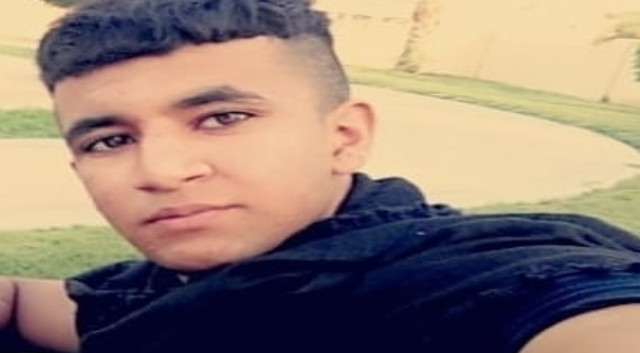On 20 September, ADHRB has delivered an oral intervention at the United Nation Human Rights Council session 51 under item 3, during the General Debate. ADHRB calls on the government of Bahrain to adhere to international human rights standards with respect to youths and children, investigate the instances of torture which Najah and her son have been subjected to, and drop the alternative sentence handed down to Kameel and other Bahraini youths so that they may have the opportunity to receive a sound education and to properly recover from the mistreatment they have endured.
Mr. President,
We would like to bring to the Council’s attention the persistent injustice suffered by Bahraini activist Najah Yusuf and her son Kameel Juma Hasan, who were mentioned in the report of the Working Group on Arbitrary Detention alongside other arbitrarily detained individuals from Bahrain.
Kameel had been imprisoned as a minor in relation to his mother’s activism and later released under alternative sentencing. Despite the Opinions formed by the Working Group declaring both Kameel and Najah to have been arbitrarily detained, the government has yet to provide them with any reparations or hold their torturers accountable. Instead, Kameel is being forced to serve an alternative sentence of more than 25 years, with the possibility of re-arrest if he does not comply with conditions that are negatively affecting his education and safety.
Kameel is one of many youths in Bahrain who were subjected to harsh treatment, despite their age, and have faced reprisal when they dared to demand their rights. Even when released under alternative sentencing, they still face unfair restrictions and threats of re-arrest.
We calls on the government of Bahrain to adhere to international human rights standards with respect to youths and children, investigate the instances of torture which Najah and her son have been subjected to, and drop the alternative sentence handed down to Kameel and other Bahraini youths so that they may have the opportunity to receive a sound education and to properly recover from the mistreatment they have endured.





